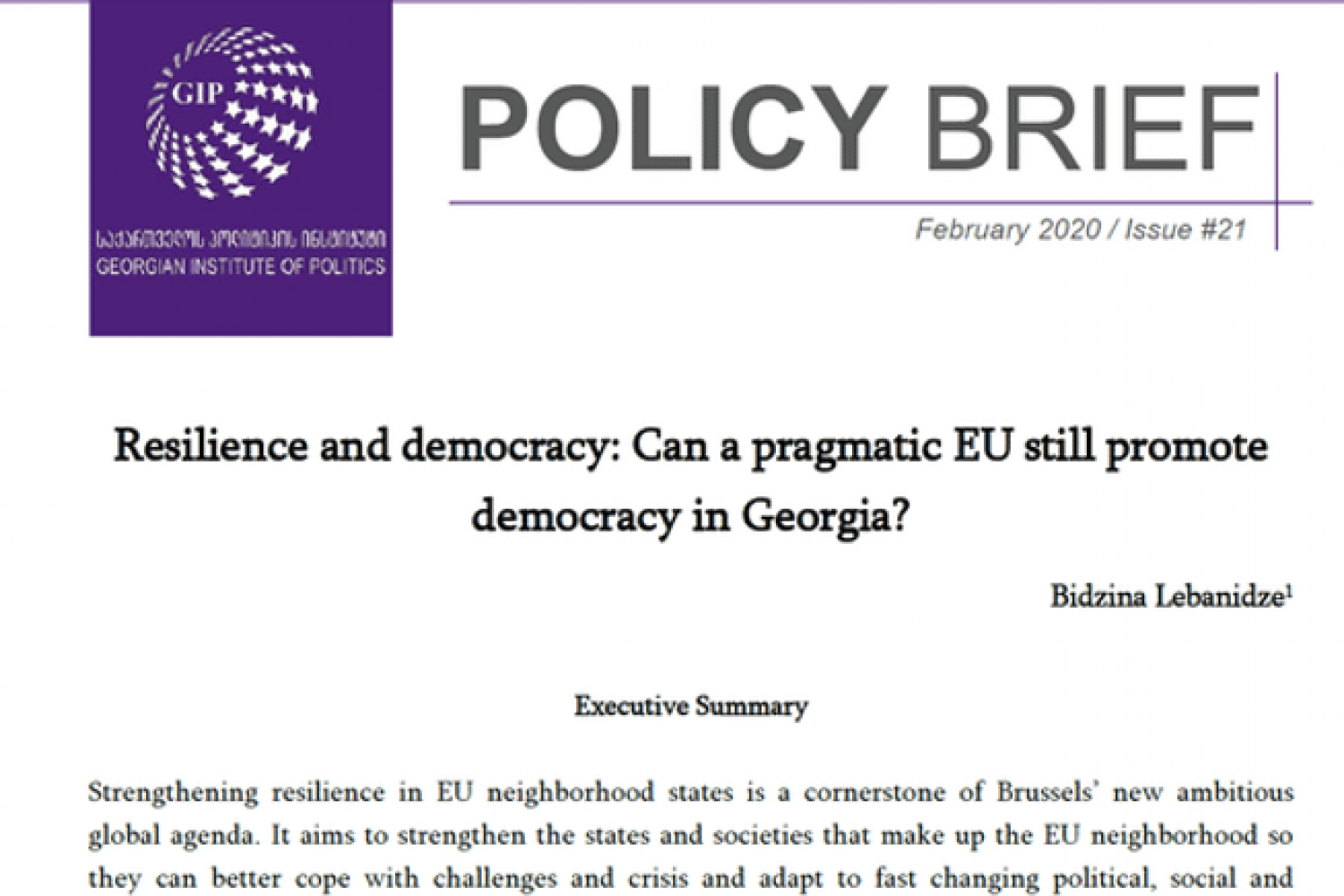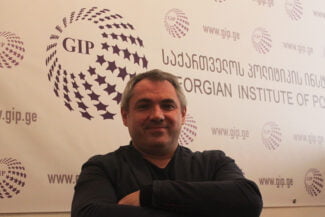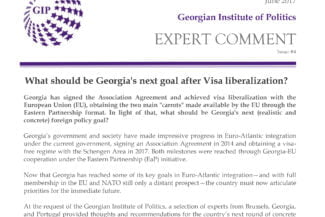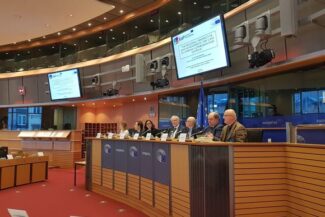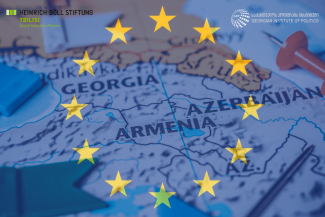17-02-2020
Strengthening resilience in EU neighborhood states is a cornerstone of Brussels’ new ambitious global agenda. It aims to strengthen the states and societies that make up the EU neighborhood so they can better cope with challenges and crisis and adapt to fast changing political, social and economic environment. With regard to Georgia there are a few critical issues that should be addressed properly so resilience can live up to its full potential, however. One of them is a proper delimitation of the connection between supporting societal resilience and the regime’s (autocratic) stability. The failure of the EU to address this issue may turn its resilience-based approach into an autocracy-strengthening policy in Georgia and further undermine the democratization process in the country. Although this policy brief focuses solely on Georgia, its empirical and conceptual implications can also be relevant for the EU’s relations with two other Associated Eastern Partnership (EaP) countries, Ukraine and Moldova.



